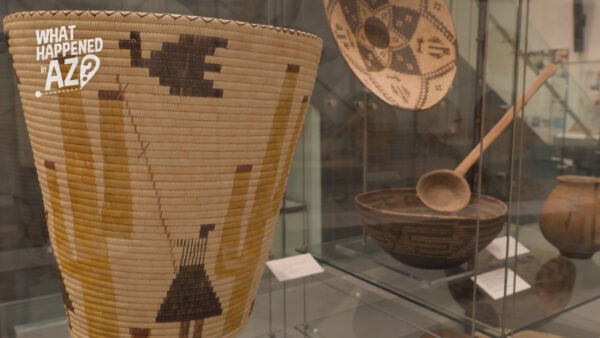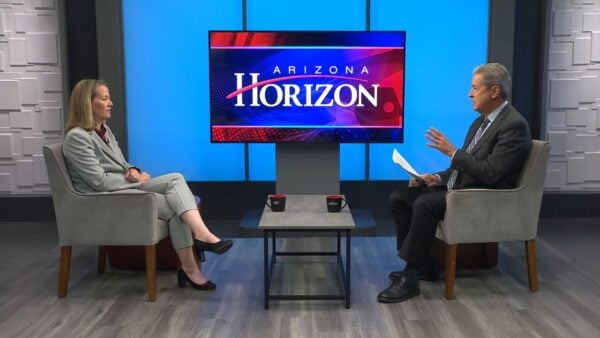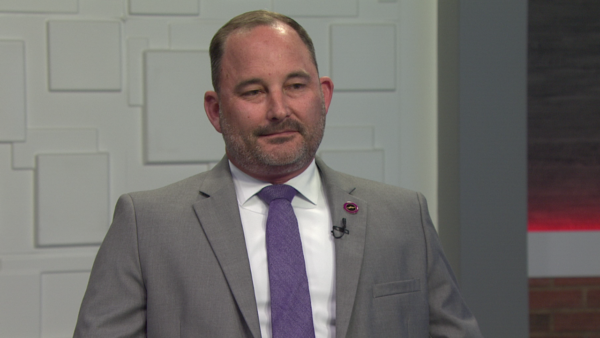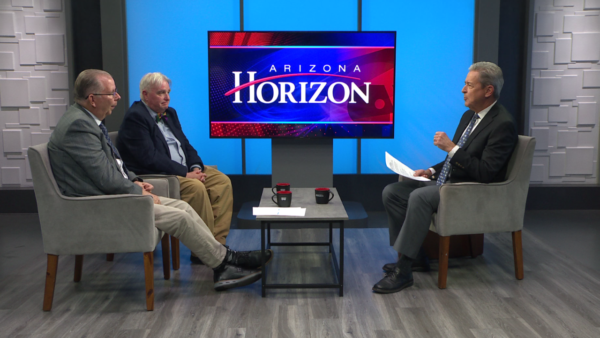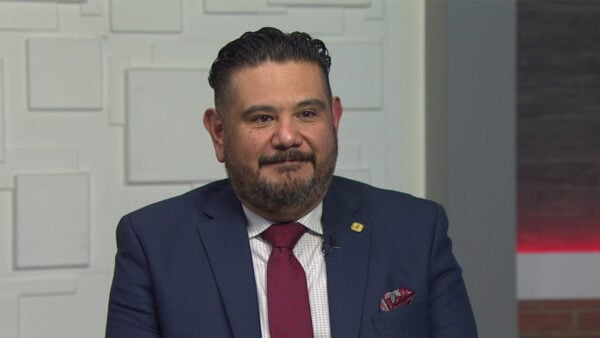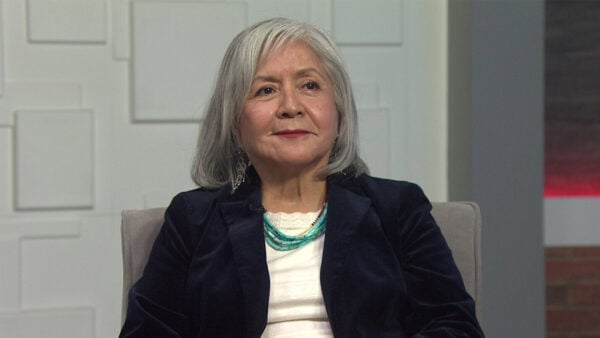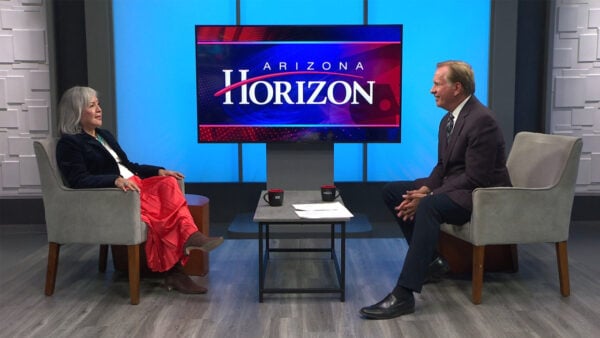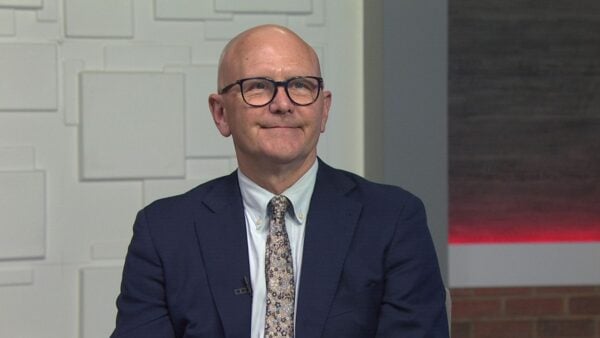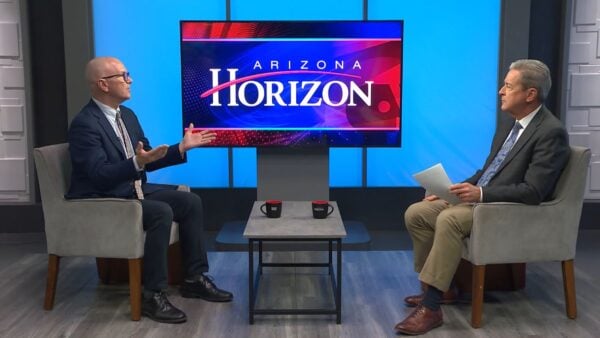How brain waves are connected to memory
Aug. 28, 2023
University of Arizona researchers found that brain waves are connected to memory. This finding opens the door to helping people with cognitive issues possibly regain memory.
We found out more about this from Sarah Seger, a lead researcher with the Department of Neuroscience at the University of Arizona.
The implications of the discovery
The results of the study could have implications for treating patients with brain damage and cognitive impairments, including patients who have experienced seizures, stroke and Parkinson’s disease. The researchers have found that simply remembering events can trigger them, even more so than when people are experiencing the actual event.
The research was published in the journal Neuron, and specifically focused on what are known as theta oscillations, which emerge in the brain’s hippocampus region during activities like exploration, navigation and sleep. The hippocampus plays a crucial role in the brain’s ability to remember the past.
Before this study, it was believed the external environment played a more important role in driving theta oscillations. But they have now found memory generated in the brain is the main driver of theta activity.
“Surprisingly, we found theta oscillations in humans are more prevalent when someone is just remembering things, compared to experiencing events directly,” Seger said.
How the research was conducted
University of Arizona researchers collaborated on the study with researchers from the University of Texas Southwestern Medical Center in Dallas. The team recruited 13 patients who were being monitored at the center in preparation for epilepsy surgery. Electrodes were implanted in the patients’ brains for detecting occasional seizures. The researchers then recorded the theta oscillations in the hippocampus of the brain.
The patients participated in a virtual reality experiment, where they were given a joystick to navigate to shops in a virtual city on a computer. When they arrived at the correct destination, the virtual reality experiment was paused. The researchers asked the participants to imagine the location where they started their navigation and told them to mentally navigate the route they just passed through. The researchers then compared theta oscillations during initial navigation to participants’ recollection of the route.
During the actual navigation process using the joystick, the oscillations were less frequent and shorter in duration compared to oscillations that occurred when participants were just imagining the route. So the researchers concluded memory is a strong driver of theta oscillations in humans.
